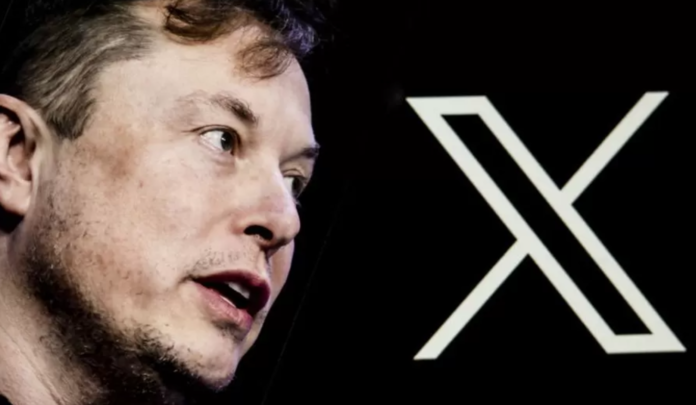The Ranking Member on Parliament’s Communications Committee, Sam George, has criticised the government for its alleged inaction following Twitter‘s decision to shut down its office in the country.
Speaking on JoyNews’ PM Express, Mr George highlighted that despite Twitter’s (Now X) presence in Ghana, the company chose to close its office after Elon Musk assumed control.
He questioned whether any efforts were made by the Ministry of Communication and Digitisation or the government to engage with Twitter, now X, following its departure, particularly in light of the company’s relocation to Nigeria.
Mr George, who doubles as MP for Ningo-Prampram asserted that the regulatory environment created by the National Communications Authority (NCA) played a significant role in the technology giants’ decision to leave or stay in the country.
The Ranking Member further criticised the NCA, stating that it had failed to create a conducive environment for technology companies, ultimately making it expensive for consumers in the country.
Mr George further emphasised the importance of having technology giants like X operate in Ghana, especially in the wake of recent internet disruptions.
He expressed concerns that once the disruptions are resolved, regulators would revert to complacency, failing to address the underlying issues that drove companies away in the first place.
The remarks by Sam George reflect growing discontent among stakeholders regarding the government’s handling of the technology sector.
Many are calling for more proactive measures to localise internet provision, emphasising the need for a regulatory framework that fosters innovation and growth.
Twitter fired its staff in Ghana, which was home to its only office in Africa.
The firm said it was “re-organising its operations as a result of a need to reduce costs.”
The layoffs were part of a global staff cull introduced by new boss Elon Musk.
The Ghana office was opened to some fanfare in 2021, with the company saying it wanted to be more “immersed” in African conversations.
ALSO READ:

